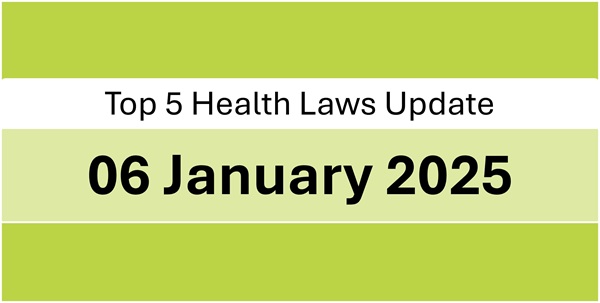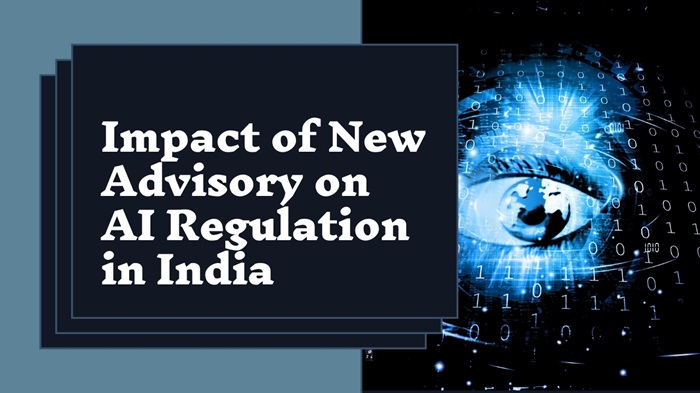Dear Readers, we are happy to share the most interesting legal and policy updates concerning health industry that we read today. we hope you enjoy reading it.
1. The Indian government has extended the deadline for small and medium pharmaceutical companies to comply with the revised Good Manufacturing Practices (GMP) under Schedule M of the Drugs and Cosmetics Act. The revised deadline is December 31, 2025, while the earlier deadline was January 1, 2025. This extension aims to assist smaller manufacturers in upgrading their facilities to meet stringent regulatory requirements.
Source: bit.ly/4a4HaAo
2. The Central Drugs Standard Control Organisation (CDSCO) and the Indian Council of Medical Research (ICMR) have released draft standard evaluation protocols for licensing in-vitro diagnostics (IVDs) under the Medical Devices Rules, 2017. These protocols aim to ensure quality and performance evaluation of IVDs, establishing uniformity in testing across various diagnostic kits. Stakeholders are invited to provide their feedback on the draft by February 15, 2025.
Source: bit.ly/40kTlWt
3. The Ministry of Electronics and Information Technology (MeitY) has released the draft Digital Personal Data Protection Rules, 2025, inviting public feedback until February 18, 2025. These rules aim to operationalize the Digital Personal Data Protection Act, 2023, which was enacted to enhance the framework for protecting digital personal data in India. The draft includes provisions for data localization, compliance requirements for significant data fiduciaries, timelines for storing data and ensuring that personal data is processed responsibly.
Source: bit.ly/3C63oFx
4. The Ministry of Commerce and Industry has launched the Open Network for Digital Commerce (ONDC) initiative to democratize digital commerce in India by fostering open networks for the exchange of goods and services. This initiative focuses on inclusivity, enabling small and medium enterprises (MSMEs) to access digital marketplaces while promoting innovation through open protocols. By creating a level playing field, ONDC seeks to reduce the dominance of large e-commerce platforms and enhance competition among sellers.
Source: bit.ly/4gHo1al
5. The Telangana Medical Council has issued a show-cause notice to a Hyderabad-based hospital for allegedly collaborating with unqualified practitioners and promoting fake doctors. This action follows the hospital’s involvement in sponsoring the medical program and advertising the same on social media, where unqualified individuals were reportedly encouraged. The hospital has been given a 10-day deadline to respond; failure to do so may result in punitive actions under the National Medical Commission (NMC) Act and other regulations.
Source: bit.ly/3BWAQhM


